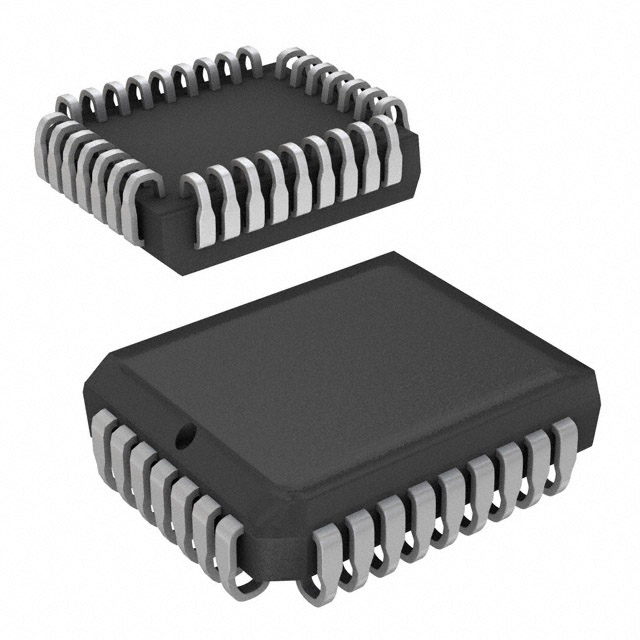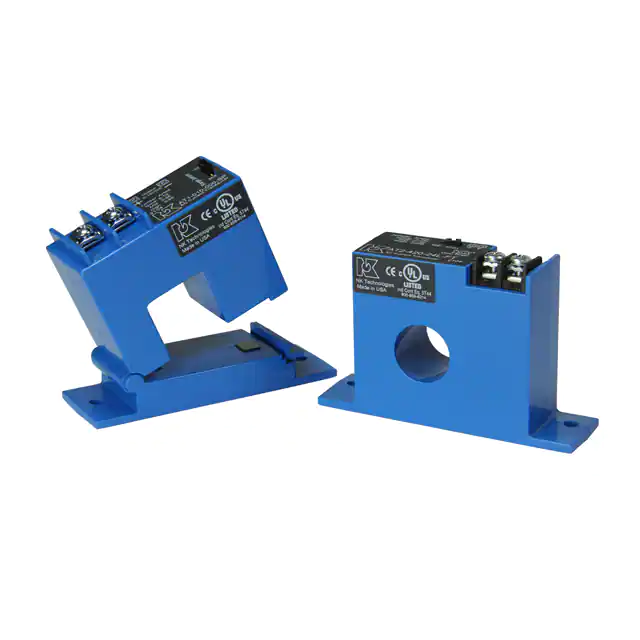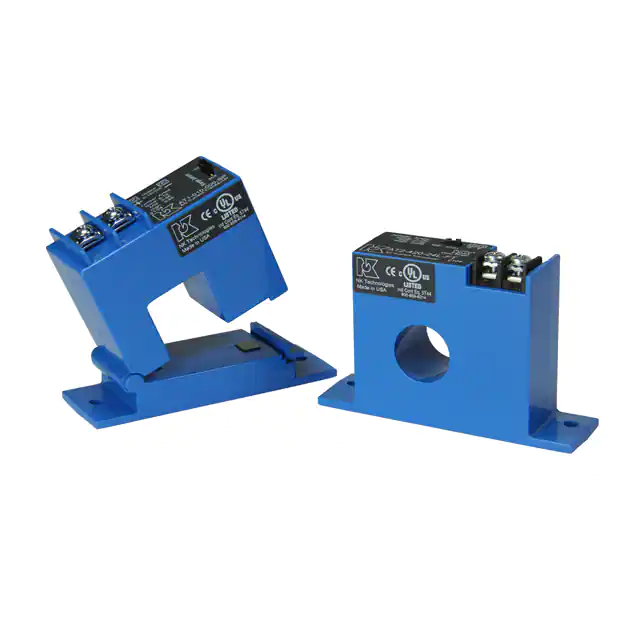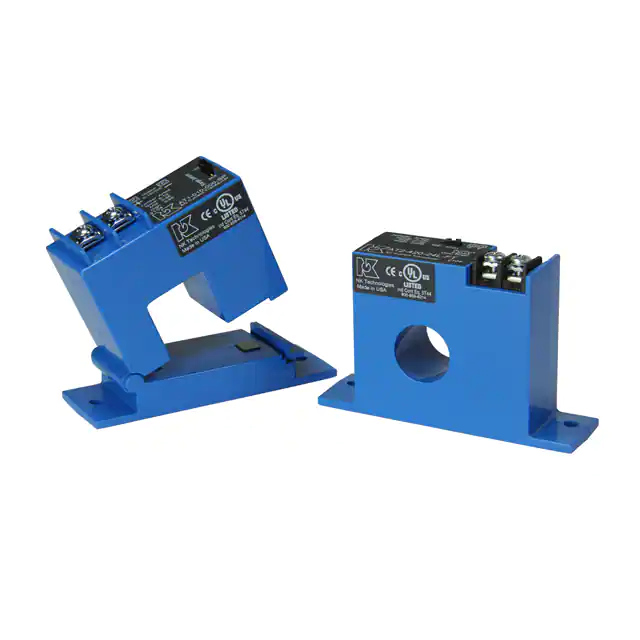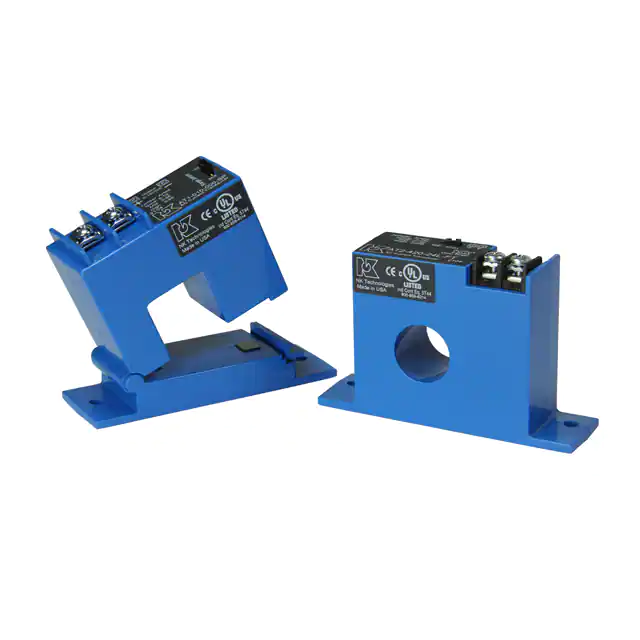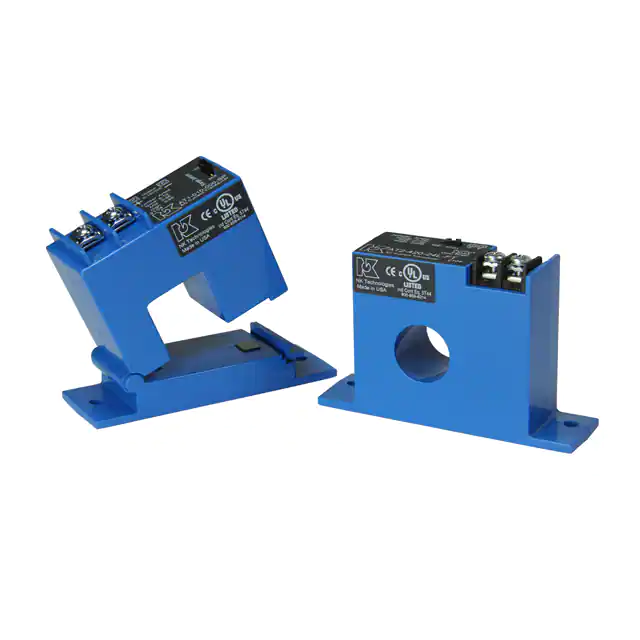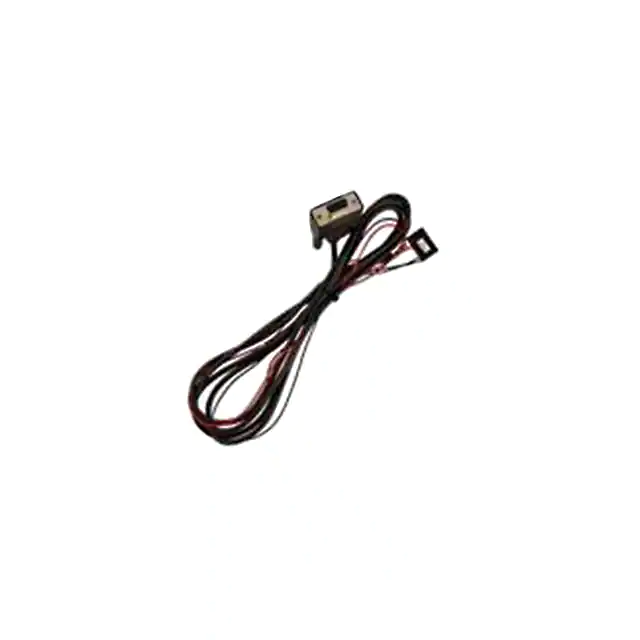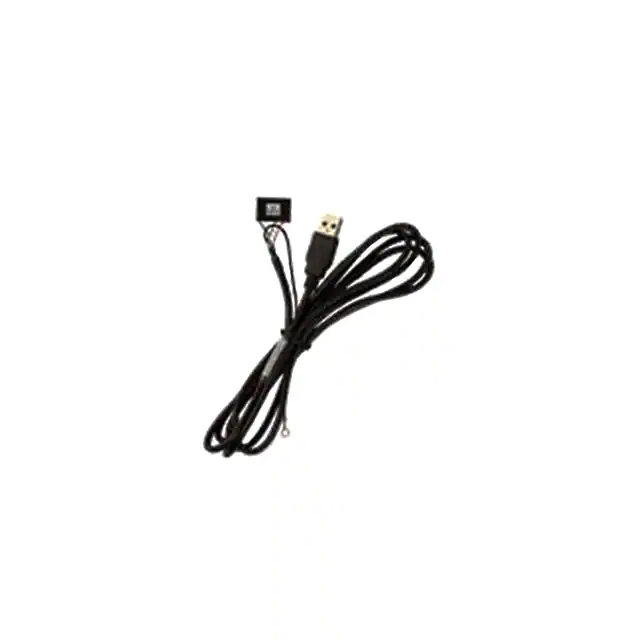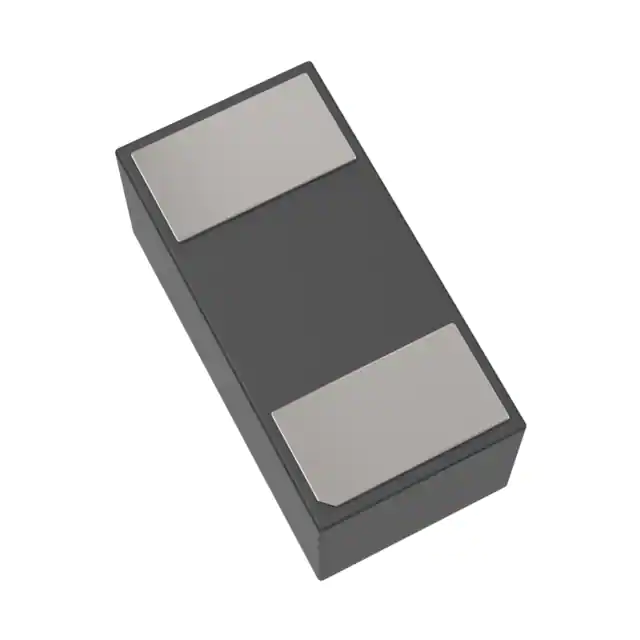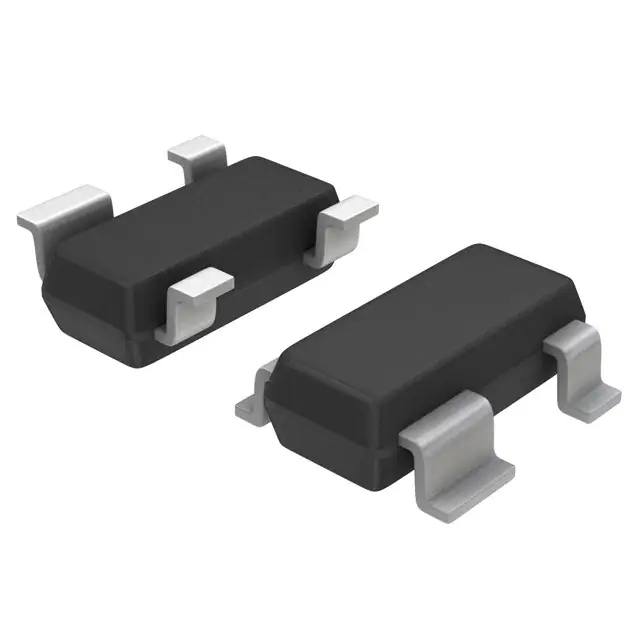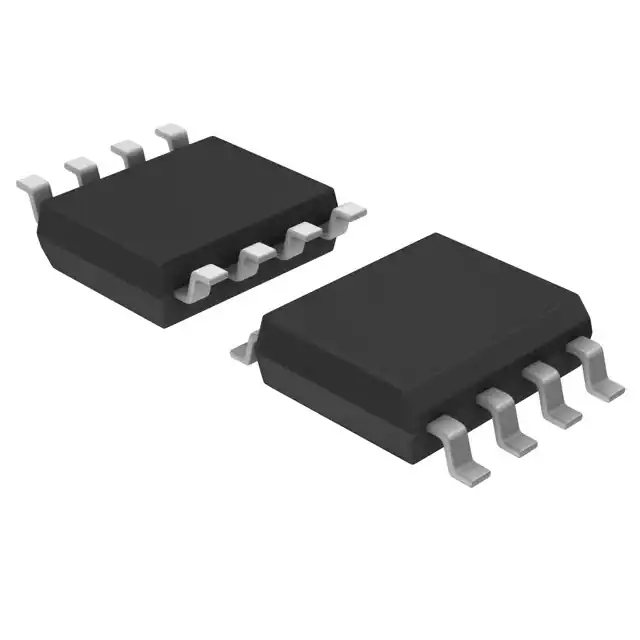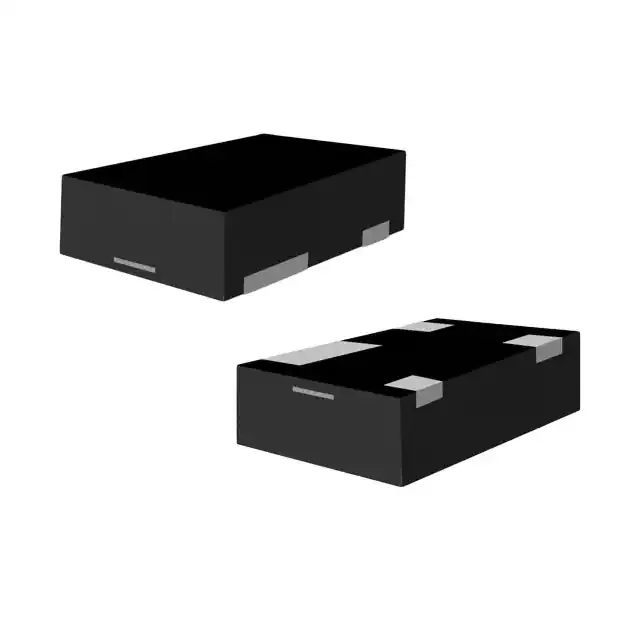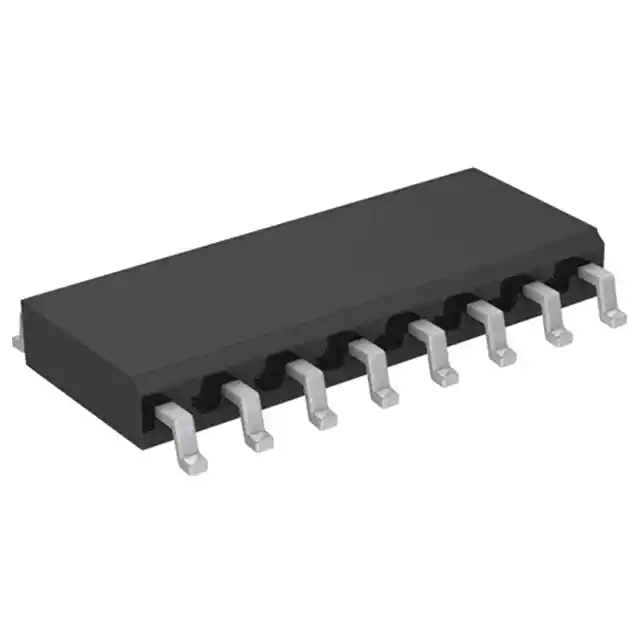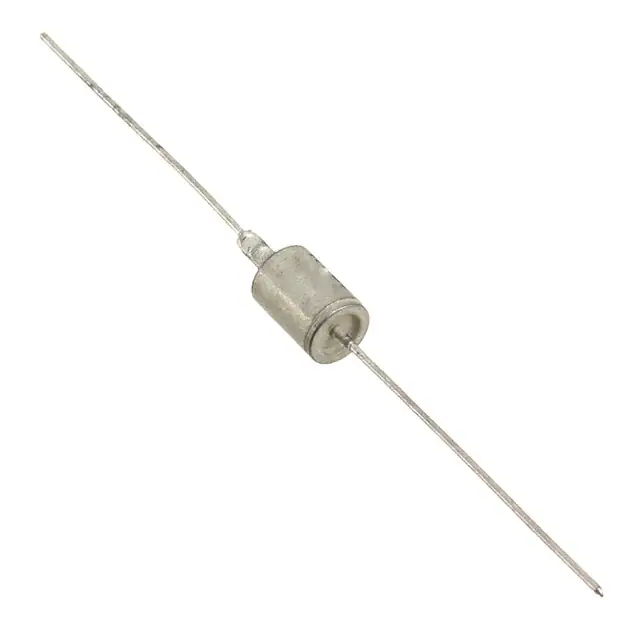Feature
Features
• Fast Read Access Time
– 150 ns
• Automatic Page Write Operation
– Internal Address and Data Latches for 64 Bytes
– Internal Control Timer
• Fast Write Cycle Times
– Page Write Cycle Time: 3 ms or 10 ms Maximum
– 1 to 64-byte Page Write Operation
• Low Power Dissipation
– 50 mA Active Current
– 200 µA CMOS Standby Current
• Hardware and Software Data Protection
• DATA Polling for End of Write Detection
• High Reliability CMOS Technology
– Endurance: 104 or 105 Cycles
– Data Retention: 10 Years
• Single 5V ± 10% Supply
• CMOS and TTL Compatible Inputs and Outputs
• JEDEC Approved Byte-wide Pinout
• Full Military and Industrial Temperature Ranges
• Green (Pb/Halide-free) Packaging Option
Description
The AT28C256 is a high-performance electrically erasable and programmable readonly memory. Its 256K of memory is organized as 32,768 words by 8 bits. Manufactured with Atmel’s advanced nonvolatile CMOS technology, the device offers access times to 150 ns with power dissipation of just 440 mW. When the device is deselected, the CMOS standby current is less than 200 µA.
The AT28C256 is accessed like a Static RAM for the read or write cycle without the need for external components. The device contains a 64-byte page register to allow writing of up to 64 bytes simultaneously. During a write cycle, the addresses and 1 to 64 bytes of data are internally latched, freeing the address and data bus for other operations. Following the initiation of a write cycle, the device will automatically write the latched data using an internal control timer. The end of a write cycle can be detected by DATA Polling of I/O7. Once the end of a write cycle has been detected a new access for a read or write can begin.
Atmel’s AT28C256 has additional features to ensure high quality and manufacturability. The device utilizes internal error correction for extended endurance and improved data retention characteristics. An optional software data protection mechanism is available to guard against inadvertent writes. The device also includes an extra 64 bytes of EEPROM for device identification or tracking.
(Picture: Pinout)

